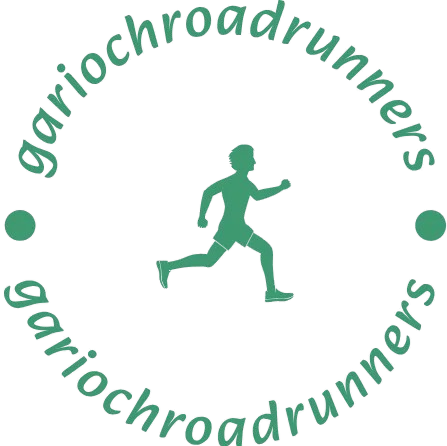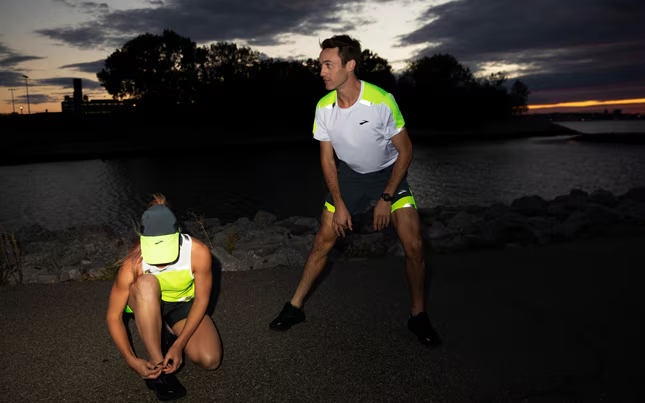Hydration is one of the most critical factors in race performance and recovery. Whether you’re a seasoned marathoner or a beginner gearing up for your first 5K, staying hydrated ensures your body functions optimally, helping you avoid fatigue, cramps, and even serious medical issues. This guide delves into the science behind hydration, common mistakes runners make, and practical strategies for maintaining hydration during a race.
Why Hydration Matters for Runners
Water is essential for nearly every bodily function, and its importance is magnified during physical exertion. When you run, your body loses water through sweat to regulate temperature. This loss of fluids can lead to dehydration, which negatively affects:
- Performance: Dehydration causes a decrease in blood volume, making your heart work harder to pump oxygen to your muscles. This can lead to fatigue and slower performance.
- Muscle Function: Without adequate hydration, your muscles are more prone to cramping and stiffness, potentially sidelining you mid-race.
- Temperature Regulation: A dehydrated body struggles to cool itself, increasing the risk of overheating or heat-related illnesses.
- Mental Focus: Dehydration impacts cognitive function, which can hinder your ability to pace yourself and make sound decisions during a race.
Signs of Dehydration
It’s crucial to recognize the signs of dehydration so you can address them promptly:
- Dry mouth and excessive thirst
- Fatigue or sluggishness
- Muscle cramps
- Dizziness or light-headedness
- Dark yellow urine
Severe dehydration can lead to heat exhaustion or heatstroke, which require immediate medical attention.
Pre-Race Hydration Tips
Proper hydration starts long before the starting gun fires. Follow these tips to ensure your body is ready:
- Hydrate Regularly: In the days leading up to the race, drink plenty of water to maintain your baseline hydration levels.
- Monitor Electrolytes: Electrolytes like sodium, potassium, and magnesium are essential for fluid balance. Include sports drinks or electrolyte supplements in your hydration plan, especially if you sweat heavily.
- Limit Caffeine and Alcohol: These substances can dehydrate your body. Reduce intake in the 24-48 hours before the race.
- Know Your Sweat Rate: Calculate how much fluid you typically lose during training runs. This can help you determine how much water to consume during the race.

During the Race: Hydration Strategies
Hydration during the race is about maintaining balance—drinking too little can lead to dehydration, but overhydrating can cause hyponatremia (low sodium levels). Here’s how to strike the right balance:
- Start Early: Begin hydrating early in the race, even if you don’t feel thirsty yet. By the time thirst kicks in, you may already be dehydrated.
- Follow a Schedule: Aim to drink small amounts of water every 15-20 minutes. Adjust based on weather conditions and your personal needs.
- Use Aid Stations Wisely: Most races have water and electrolyte drink stations. Take advantage of these, but don’t gulp down too much at once.
- Choose Your Fluids: Water is suitable for shorter races, but longer distances (half-marathons, marathons, or ultramarathons) may require electrolyte drinks to replenish lost salts and minerals.
- Carry Your Own: If you prefer to stick to a specific hydration routine, consider carrying a handheld water bottle or wearing a hydration belt or vest.
Post-Race Hydration: Recovery Matters
Rehydration doesn’t stop at the finish line. Proper post-race hydration helps your body recover and prevents lingering fatigue.
- Drink Gradually: Don’t chug large amounts of water immediately after the race. Instead, sip fluids consistently over the next few hours.
- Replenish Electrolytes: Consume sports drinks or snacks rich in sodium and potassium to restore balance.
- Monitor Your Recovery: Continue drinking water until your urine returns to a light yellow color—a good indicator of proper hydration.
- Include Hydrating Foods: Fruits like watermelon, oranges, and cucumbers can help rehydrate your body naturally.
Common Hydration Mistakes to Avoid
Even experienced runners make hydration mistakes. Avoid these pitfalls to keep your performance and health in check:
- Ignoring Your Body’s Signals: Don’t wait until you’re thirsty to drink—this is often a sign you’re already dehydrated.
- Overhydrating: Drinking excessive amounts of water without electrolytes can dilute your sodium levels, leading to hyponatremia.
- Relying Solely on Thirst: Use a pre-determined hydration schedule rather than relying solely on thirst cues.
- Skipping Electrolytes: Sweating depletes electrolytes, so plain water isn’t always enough for long races.
Hydration for Different Race Distances
5K and 10K Races
- Hydration needs are minimal, but a small sip of water at the halfway point can help, especially on hot days.
Half-Marathons and Marathons
- Balance water and electrolyte drinks. Plan to hydrate at regular intervals and practice your hydration strategy during training.
Ultramarathons
- Carry a personalized hydration kit with water, electrolyte drinks, and snacks. Hydration needs vary greatly for these long events, so plan meticulously.
Conclusion
Proper hydration is a cornerstone of running success. By understanding your body’s needs and implementing a tailored hydration strategy, you can enhance performance, avoid discomfort, and recover effectively. Whether you’re gearing up for a short race or tackling a marathon, staying hydrated ensures every step is strong and steady.











